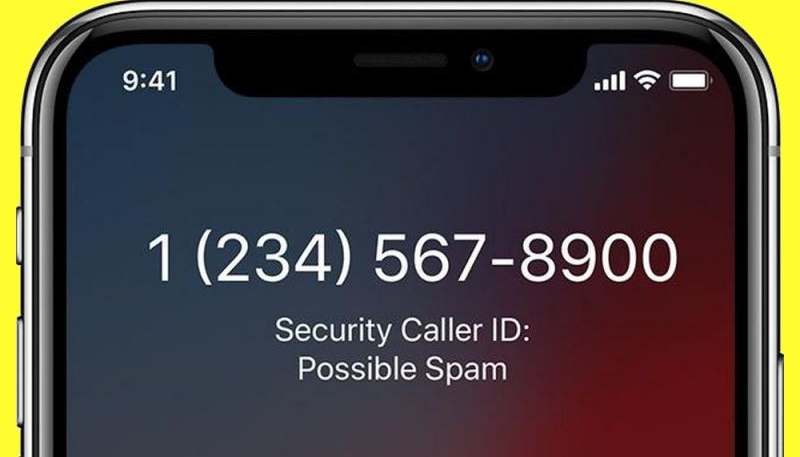The United States Senate on Thursday voted nearly unanimously to approve an anti-robocalling bill designed to cut down on the number of illegal robocalls to phone users.
The Senate overwhelmingly approved the bipartisan Telephone Robocall Abuse Criminal Enforcement and Deterrence (TRACED) Act (S. 151) by a vote of 97-1. It now heads to the House for its consideration.
The act increases penalties for robocalls, gives regulators more time to find scammers, increases civil forfeiture penalties for those who are caught, promotes call authentication and blocking adoption, and brings relevant federal agencies and state attorneys general together to address impediments to criminal prosecution of robocallers who intentionally flout laws.
If passed by the House, the TRACED Act would impose fines of up to $10,000 percall on individuals or companies that flout the restrictions. The FCC would have up to 3 years to prosecute after a call was placed.
Summary of the TRACED Act:
- Broadens the authority of the Federal Communications Commission (FCC) to levy civil penalties of up to $10,000 per call on people who intentionally flout telemarketing restrictions.
- Extends the window for the FCC to catch and take civil enforcement action against intentional violations to three years after a robocall is placed. Under current law, the FCC has only one year to do so, and the FCC has told the committee that “even a one-year longer statute of limitations for enforcement” would improve enforcement against willful violators.
- Brings together the Department of Justice, FCC, Federal Trade Commission (FTC), Department of Commerce, Department of State, Department of Homeland Security, the Consumer Financial Protection Bureau, and other relevant federal agencies, as well as state attorneys general and other non-federal entities to identify and report to Congress on improving deterrence and criminal prosecution at the federal and state level of robocall scams.
- Requires voice service providers to adopt call authentication technologies, enabling a telephone carrier to verify that incoming calls are legitimate before they reach consumers’ phones.
- Directs the FCC to initiate a rulemaking to help protect subscribers from receiving unwanted calls or texts from callers.
In spite of limited measures already put in place by carriers such as T-Mobile and Verizon designed to cut down on scam calls the problem has only grown worse. In 2018 an estimated 30% of all phone calls were made by the scummy spammers. The number could grow to as high as 42% in 2019.


